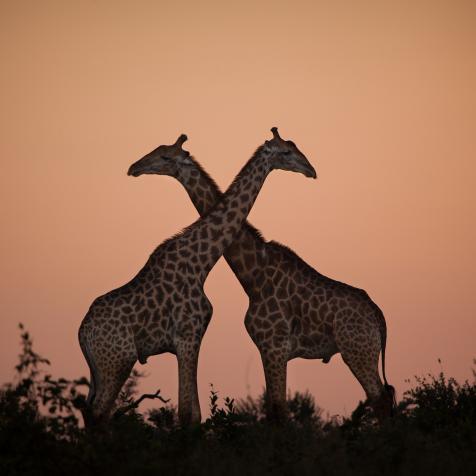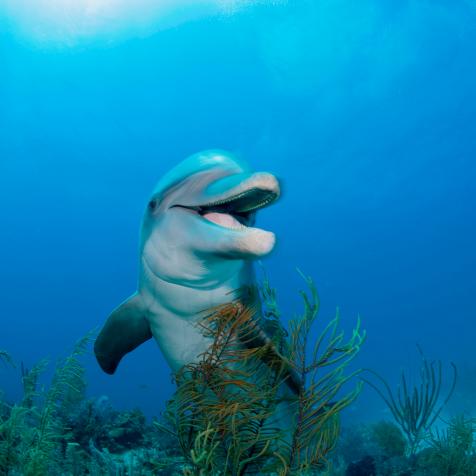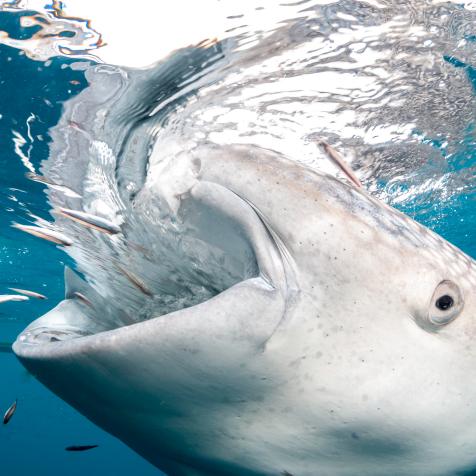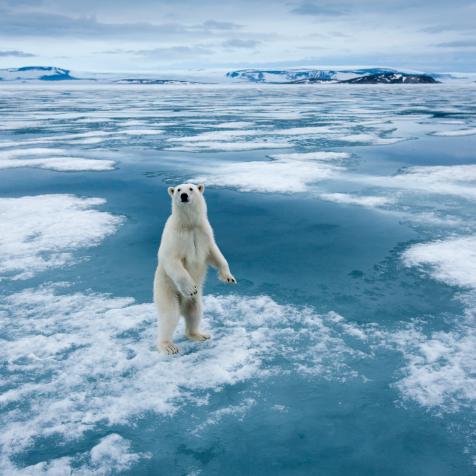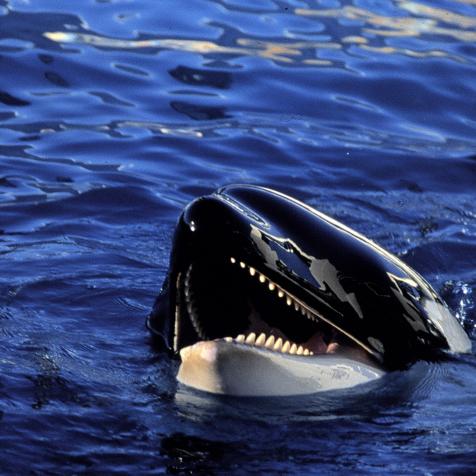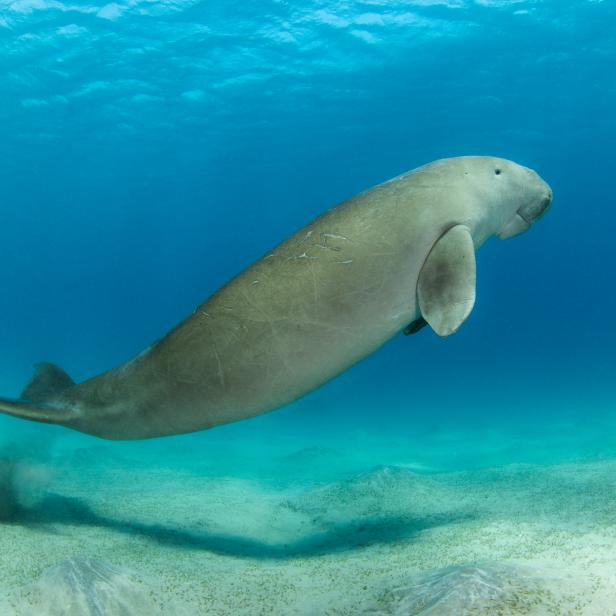
Sven Gruse / EyeEm
Manatee’s Cousins Have Vanished from the Ocean
Dugongs, the peaceful ‘sea cows’ of the ocean have been declared functionally extinct in China. The vegetarian mammal has vanished from the coastlines of Asia and Africa.
Dugongs are a close relative of the manatee. They share a similar plump figure and paddle-like tail, which inspired mermaid mythology. So many people have mistaken dugongs for mermaid sightings that the animal was given the scientific name Sirenia, reminiscent of the sirens from ancient Greek mythology.
Now, a new study has declared these mermaid doppelgangers functionally extinct in China. A Dugong hasn’t been spotted since 2008. The last recorded sighting by Chinese officials was in 2000.
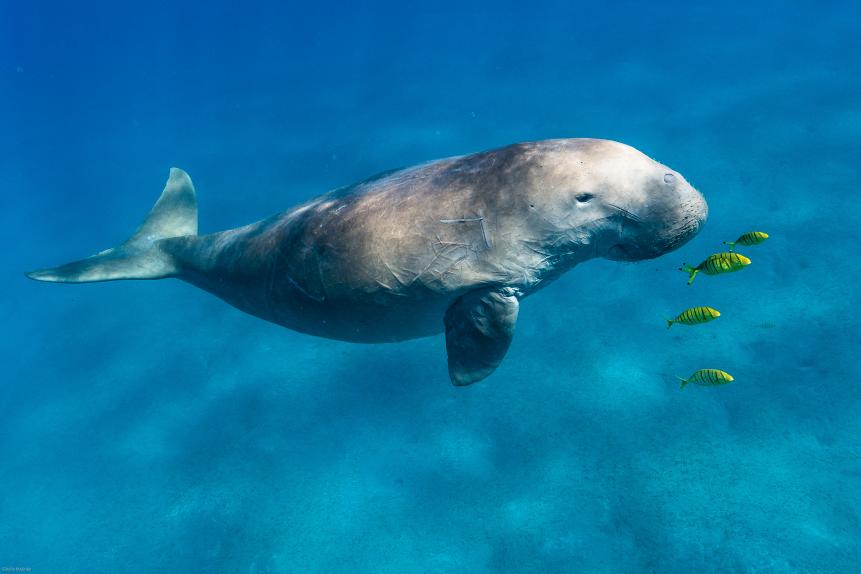
Sibylle Malinke / EyeEm
This marks the first-reported functional extinction of a large vertebrate in China, whose marine life faces overfishing and habitat loss.
The study interviewed almost 800 fishermen to come to the conclusion that “dugongs have experienced rapid population collapse during recent decades and are now functionally extinct in China.”
“Functional extinction” means that even if there are a few dugongs still living off China’s coast, their numbers are too small to maintain a viable population.
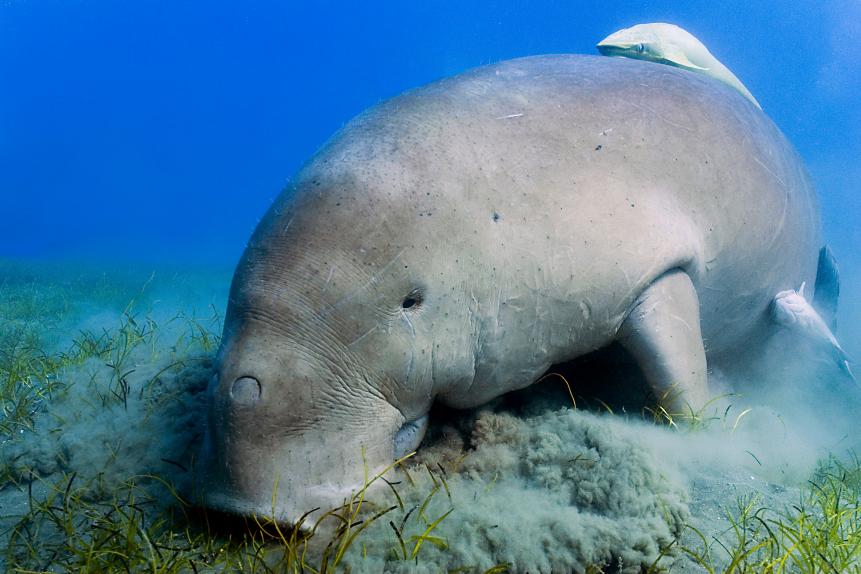
Sunphol Sorakul
There are still about 100,000 dugongs living in the coastal waters of 40 other countries, including Japan, but the results of the finding do not bode well for them. “It’s a sad story,” said Helene Marsh, a professor of environmental science, in an interview. “I don’t think it’s going to be the last place where people can conclude that dugongs are functionally extinct.”
These gentle giants move slowly, walking on their pectoral fins to graze on sea grass in the shallow coastal waters of Asia and Africa. Since the advent of motor boats, dugong populations have suffered many accidental deaths and injuries.
“Their absence will not only have a knock-on effect on ecosystem function, but also serves as a wake-up call… a sobering reminder that extinctions can occur before effective conservation actions are developed,” the study said.






































































